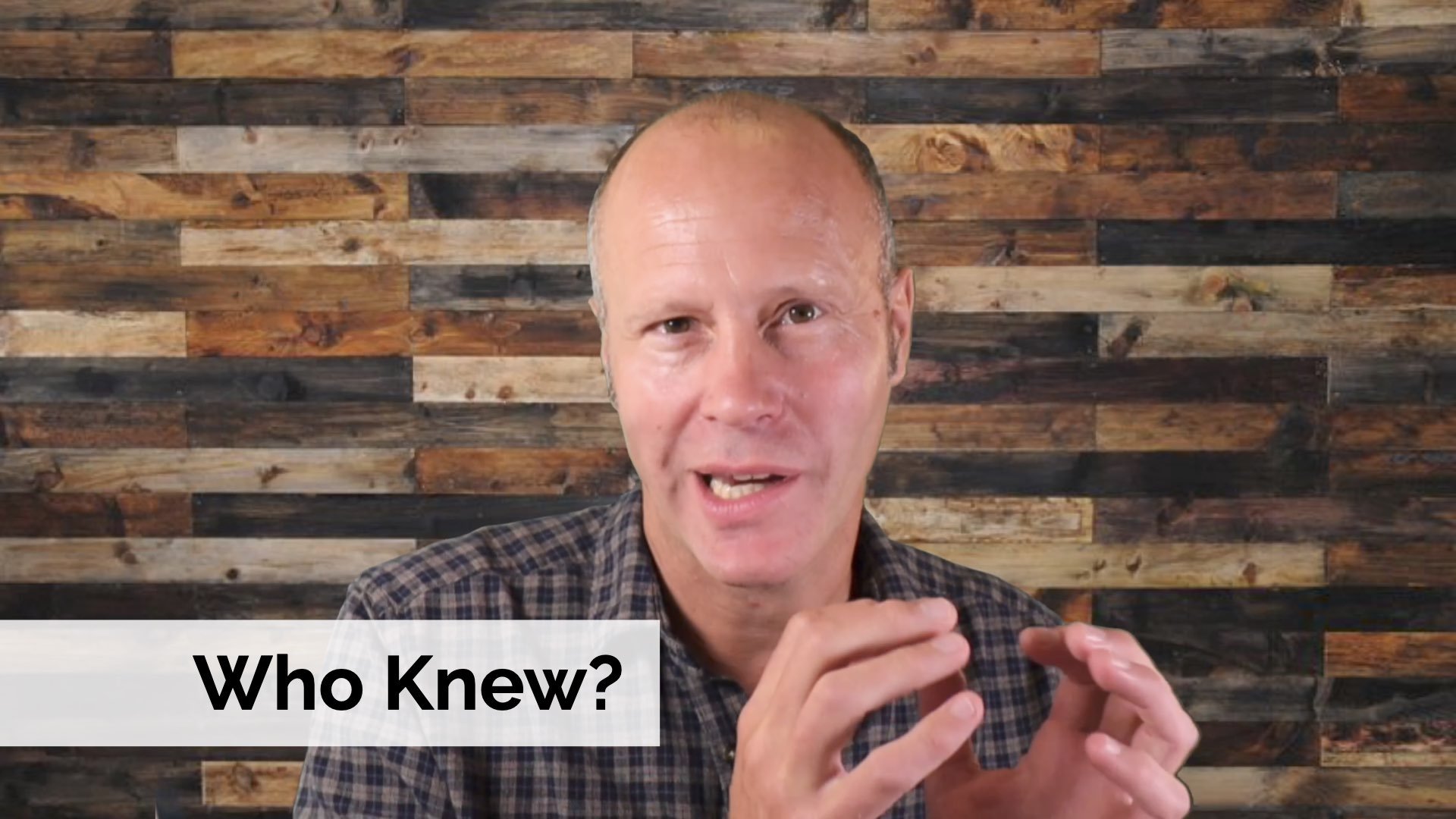I love learning new things. One of the things I love about learning new things is trying to connect the thing you have just learned to some of the other things you might know. Meghan, I have been leading West Wilts Vineyard now for all of a month, and it's been great to get around and meet lots of you on Sundays, during the week and also to start to spend some time with life groups.
But one of the other things I do with my time is I'm studying for a master’s, which is a bit of a stretch for me being a non-academic. I've got an essay to be in for the end of this term. It is all about providing well-being packages to businesses or charities. So we've been doing a lot of thinking about what helps with wellbeing, what kinds of things people can do in organisations to enable them to thrive, and there's been a particular focus on resilience training.
There are several things that the researchers say are good for helping people to be resilient, helping people to continue to thrive and keep going and be productive in organisations. The first one that's usually on the list is this thing called social capital. The idea is that if people have a network of relationships, then when things get tough, they will have people to share that journey with. They will have people to talk to and bounce ideas off to encourage them. And that if they don't have that network of relationships, they’re much more likely to get burnt out and discouraged to become unproductive within the organisation. So the idea is to build resilience; you need to encourage people to have social relationships. They have to have social capital within the workplace and in their life.
Who knew? Who knew that having social relationships, social capital would actually be good for us? Well, you know what, the amazing thing is that this idea is all the way through Scripture. Whether we look at Genesis and the creation story, God's saying that it was not good for man to be alone and that he needed a helper or a companion. Or if we look at Ecclesiastes, and we read that it's, it's much better to be together with other people. Or, if we look at Moses’ leadership when he's trying to do it alone, but when he shares the work, things work much better. Or especially if we look at the model of Jesus, where he invites a few people, just a dozen people to walk with him to travel with him, and that he's close to a particular few of them. This sets the foundation for a resilient group of people with a clear purpose, vision, and meaning about what they would do next and that they would go on in the power of the Spirit to change the world.
Who knew that the best of contemporary research about positive psychology and well-being in the workplace would agree with a book, with a story that was lived and breathed 2000 years ago. The story of Jesus, the story of God and people, where he said it's not good for us to be alone and that he set apart a model for us to be in groups together.
So my encouragement for you is if you're not in some kind of small group or life group or community group or something like that, within the life of West Wilts Vinyard, is for you to get involved. To join something smaller. So that you have got people to travel with, the science says that it's a really good idea, that you'll be more resilient because you'll have places to go when life is hard. But also, more importantly, the book says it works. God bless.
Have a great week.

